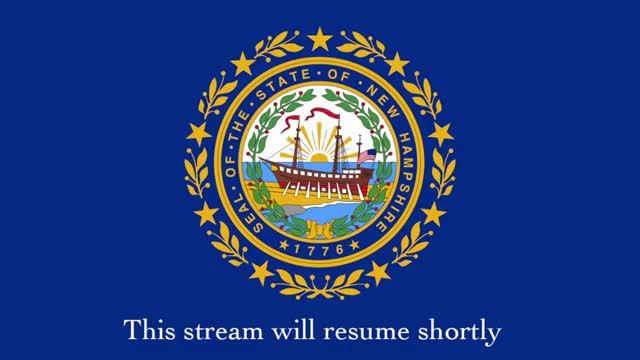DES waste division outlines oil, hazardous‑waste, MTBE and PFAS programs and landfill oversight
Get AI-powered insights, summaries, and transcripts
Subscribe
Summary
The Department of Environmental Services told the committee its Waste Management Division handles oil spill response, hazardous‑site cleanups, MTBE and drinking‑water trust funds, PFAS response and oversight of solid waste and recycling programs; staff noted resource needs and an organics‑waste rulemaking mandate.
Mike Wimsatt, director of the Department of Environmental Services’ Waste Management Division, and bureau chiefs summarized the division’s five‑bureau responsibilities for the House Environment and Agriculture Committee: oil remediation and compliance; hazardous waste remediation; MTBE remediation and drinking-water trust fund work; solid waste management; and hazardous waste management.
Wimsatt said the division’s highest priorities are to protect public health and to ensure spills and releases are cleaned up quickly and effectively. He described a 24/7 emergency response capability for oil and hazardous material incidents and explained that the Oil Remediation and Compliance Bureau enforces design and inspection requirements for underground and aboveground petroleum storage systems, conducts spill response and manages the state’s oil cleanup fund (the oil discharge and disposal cleanup fund), which also supports a “safe tank” program for low‑income homeowners.
The Hazardous Waste Remediation Bureau oversees state and federal cleanup programs, including brownfields, closed municipal landfills and Superfund/DOD sites. The bureau administrator described state work to investigate and remediate legacy contaminants, and cited partnerships with federal agencies when responsible parties are available; the bureau also assists towns that want to revitalize contaminated properties.
The MTBE Remediation Bureau manages funds from litigation settlements related to MTBE (and the larger Drinking Water and Groundwater Trust Fund that resulted from a trial settlement). Wimsatt said the bureau has used settlement and trust money to remove underground tanks, help affected communities replace or improve drinking water infrastructure and to run a private‑well sampling initiative that has analyzed thousands of wells. The bureau also runs a PFAS rebate program that provided more than 4,100 rebates (totaling roughly $6 million) to private‑well owners for treatment systems or to connect to public water, and the division ran a take‑back program to collect legacy firefighting foams containing PFAS.
Leah McKenna, head of the Solid Waste Bureau, described permit review and inspections of transfer stations, recycling centers and municipal landfills. She said New Hampshire has nine operating municipal landfills and about 300 inactive legacy unlined landfills requiring monitoring. The bureau also oversees operator certification, develops waste management plans and will implement statutory direction to create a rule for a food‑waste disposal ban and organics diversion. The division said it will run a statewide organics study and consult towns and vendors about capacity and implementation as the first step of the rulemaking.
Todd Piscovitz described the Hazardous Waste Bureau’s authorization to implement the federal Resource Conservation and Recovery Act program in New Hampshire. He described compliance assistance, training and a small‑quantity‑generator self‑certification program that has reduced regulatory risk for many smaller businesses. Wimsatt and bureau chiefs told lawmakers that increased program staffing and ARPA funds have helped expand technical work but noted continuing resource needs to meet monitoring and remediation demands across PFAS, MTBE and legacy sites.
